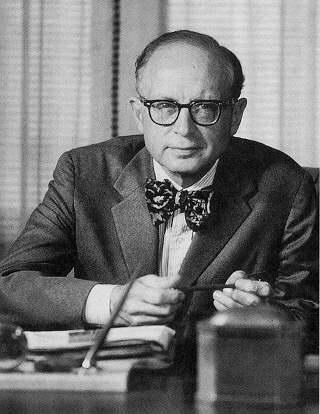The Displacive Fallacy: new media don’t replace old media
October 19th, 2010 by bruno boutotFrom a Tweet by @timoreilly: #
Lovely piece about how technologies don’t just replace one another. Search for 3rd occurrence of “Displacive Fallacy” http://bit.ly/cJSAlb #
In high-technology societies, like the United States, our enthusiasm for the new leads us to what I call the Displacive Fallacy. This is the belief that a new technology displaces the old, and drives it from the field as a conquering army disperses the enemy. Pundits not so long ago prophesied that the telephone would displace the mails, that radio would displace the telephone, that the phonograph would displace live orchestras, and of course, that television would substantially displace both radio and the book. In the library world only a few decades ago some microfilm enthusiasts were predicting that microforms would displace books. Now we hear similar predictions of how audiovisual aids, motion pictures, tape recordings, television, or the computer will displace the book-or perhaps human beings themselves. #The Republic of LettersDespite some conspicuous exceptions, the general rule in history is that a new technology does not displace but rather transforms or finds new uses for an earlier technology. Printing did not make handwriting obsolete. The automobile has not displaced the bicycle. Television has not displaced the telephone or radio. #
The Displacive Fallacy, however, assumes that there are only a limited number of social functions and that the categories of experience are not expandable. Such a static view is quite uncongenial to my pragmatic, experimental, and somewhat American way of thinking. Experience is ever expanding. New inventions do not simply fill old needs, for the inventor himself concocts new needs. He actually invents new forms of experience. Nobody “needed” the telephone, radio, or television. They were not the product of widespread demand but actually added new dimensions to human experience and created new demands. #
This simple fact has momentous implications both for the historian and the librarian. For each new technology produces its own new kind of record and leaves its own special new residue. If the historian is to chronicle the full range of human experience he must find ways to use, and must find the meaning of using, them all. The librarian has a special responsibility to save us from the Displacive Fallacy. #
Librarian of Congress Daniel J. Boorstin on Books, Reading, and Libraries, 1975-1987
Edited by John Y. Cole
Library of Congress, Washington, 1989 #







